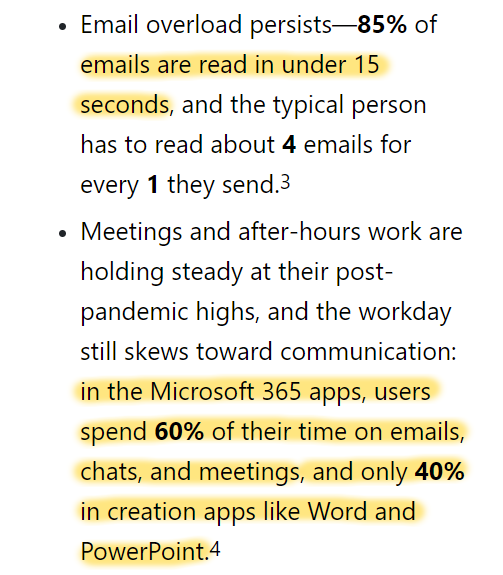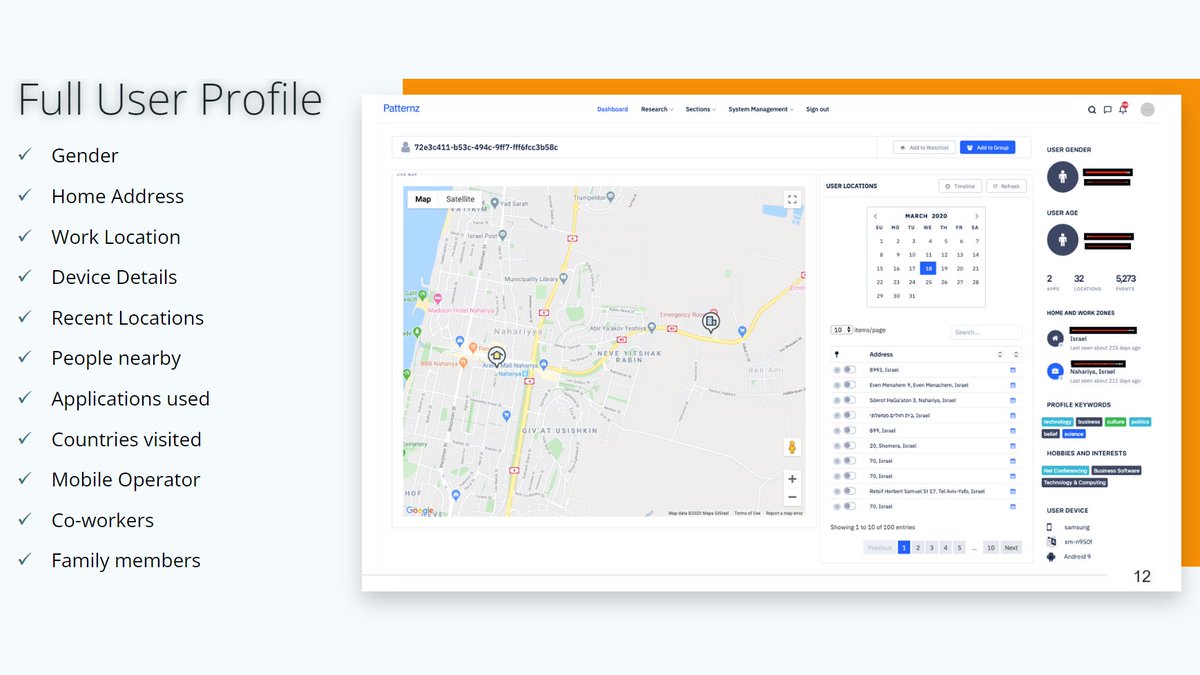T-Mobile US says it will start selling web+device usage data to the digital profiling industry by default.
But don't worry it's not tied to your name but only to personal identifiers that are much more suitable to track and follow you everywhere anyway.
t-mobile.com/privacy-center…
But don't worry it's not tied to your name but only to personal identifiers that are much more suitable to track and follow you everywhere anyway.
t-mobile.com/privacy-center…

Telecommunication services are basic digital infrastructure, and they should not be allowed to sell behavioral data at all.
It's bad enough if they trick people into 'opting in', selling it by default is beyond bad.
Such reckless and irresponsible business practices must end.
It's bad enough if they trick people into 'opting in', selling it by default is beyond bad.
Such reckless and irresponsible business practices must end.
Also, T-Mobile US owns PushSpring, a consumer data broker that trades in extensive mobile data on hundreds of millions of people without their knowledge.
https://twitter.com/WolfieChristl/status/1299140044020736000
"We may also share mobile device identifiers, device and service usage data, and demographics information with third-party advertising partners..."
"These third parties have their own privacy notices that apply to their use of the information we share"
"These third parties have their own privacy notices that apply to their use of the information we share"

Personal/identifiable data they sell may include the websites visited, the apps used and the time spent using them, data about the "use of products and services", and data on movements based on the "location of cell towers serving your device".
t-mobile.com/privacy-center…
t-mobile.com/privacy-center…

While they claim to exploit 'precise location data' based on cell tower triangulation only based on opt-in, it is not clear to me whether they use it to make individual-level inferences without opt-in.
Telcos: "But Google and FB are also basic infrastructure and they're allowed to exploit personal information at scale, that's unfair"
Yep, this is why we should ban infrastructure-level services by platform giants from exploiting personal data for profit.
Yep, this is why we should ban infrastructure-level services by platform giants from exploiting personal data for profit.
https://twitter.com/WolfieChristl/status/1369987941255221248
In other news, T-Mobile NL has been sharing pseudonymous location data with the Dutch statistical agency for years, without the public's knowledge.
I think statistical agencies have an important role in public-interest data processing, but that's a no go.
nrc.nl/nieuws/2021/03…
I think statistical agencies have an important role in public-interest data processing, but that's a no go.
nrc.nl/nieuws/2021/03…
In 2018, T-Mobile US and others were caught selling exact location data for non-advertising purposes. Their CEO publicly 'pledged' that T-Mobile US won't sell to 'shady middlemen' anymore. Which was not true.
washingtonpost.com/news/the-switc…
fiercewireless.com/regulatory/t-m…
washingtonpost.com/news/the-switc…
fiercewireless.com/regulatory/t-m…
https://twitter.com/WolfieChristl/status/1082750312941830144
And it seems that 'opting out' doesn't even work:
https://twitter.com/aaranguren/status/1370035319744122891
Sadly, the chatbot on the website of T-Mobile US' mobile data broker subsidiary PushSpring didn't answer my question about whether they would sell profile data on EU devices, even though they promised to be back in 3 hours.
Bad customer service!
Bad customer service!

• • •
Missing some Tweet in this thread? You can try to
force a refresh

















